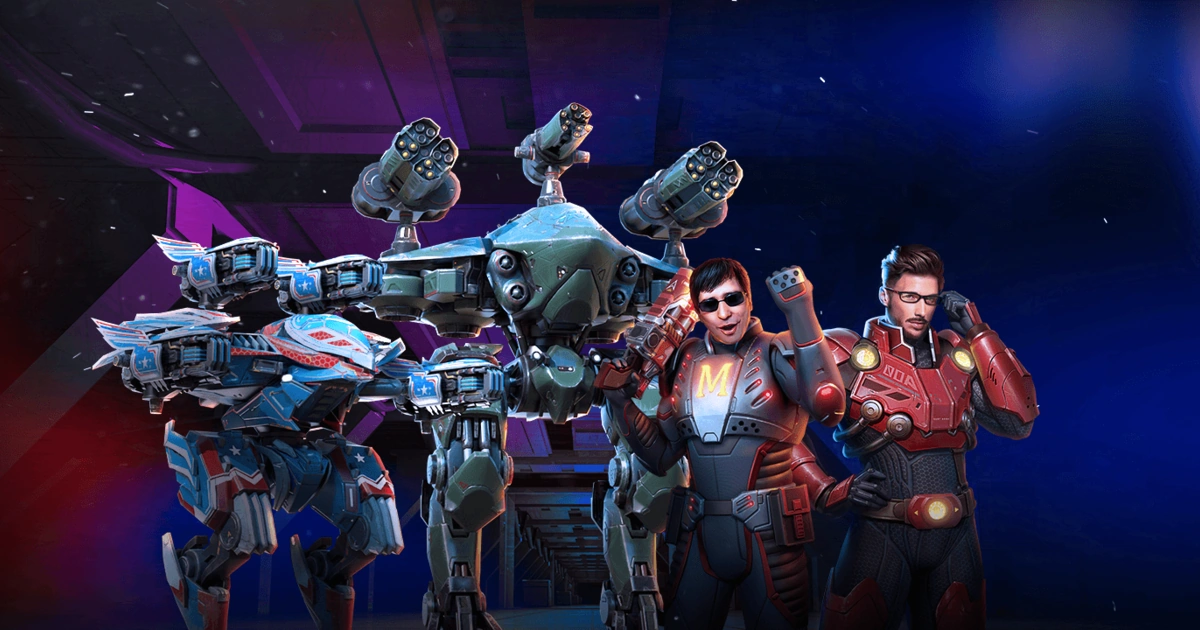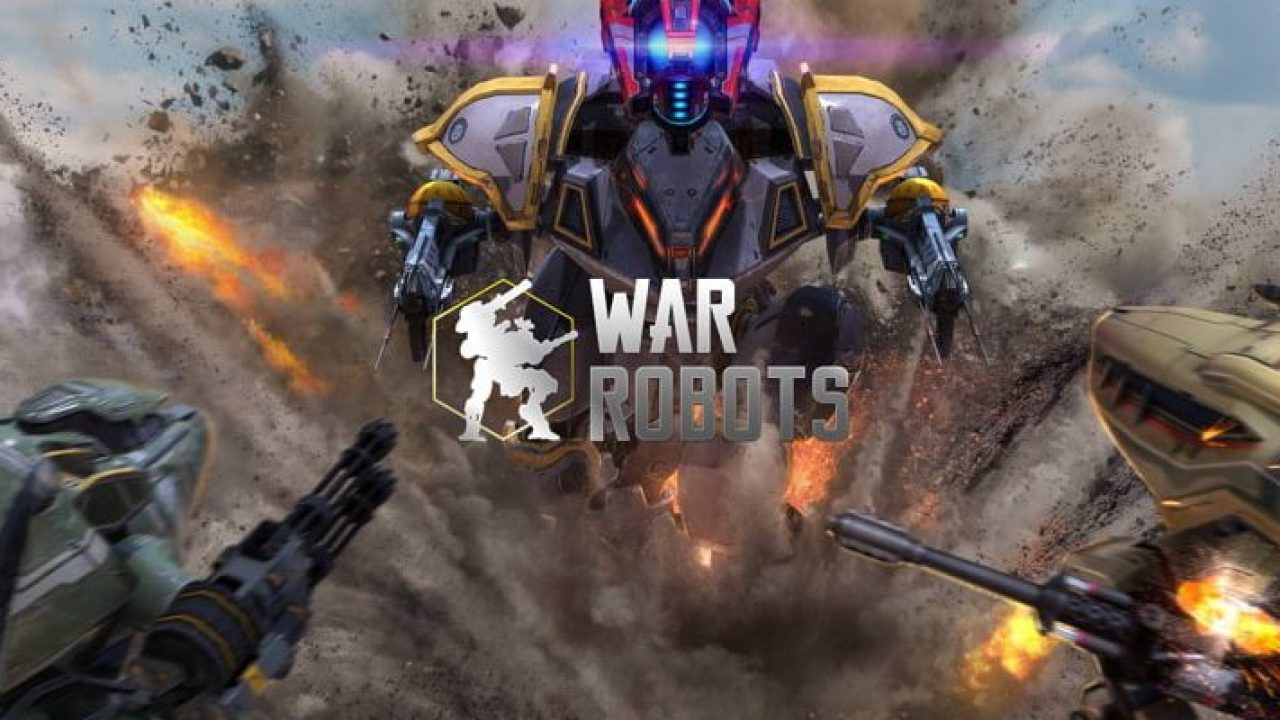

“ War Robots is a very strong game and it will certainly live for a long time, but it will end eventually. Though he anticipates the market will see new shooter games and more sophisticated mobile racing games, he won’t reveal what Pixonic’s currently working on. Games will be more difficult and will target smaller but increasingly involved and loyal audiences.” “I think that the mobile market will become more complex with more niches and specializations. “No one does Match 3-type games anymore because you just can’t compete with King,” said Vladimir. Looking forward, Pixonic sees the market for casual- and hyper-casual games as saturated with a high barrier to entry. There’s been minimal if any cannibalization from other income streams, and no impact on churn at all. “Paying users are your most loyal audience – they treat your game as a hobby and they want to get every reward they can get!” With rewarded video ads, War Robots’ revenue increased 6%, amounting to millions of dollars annually. High-level players watched ads more than low-level players, and users who had previously made IAPs watched more than non-paying users: 66% versus 44%.
#Walking war robot facebook android
Pixonic found that 40% of iOS and 50% of Android players watched the rewarded ads. Quest completion (good for getting through less-interesting tasks)īlack Market chests (very popular random gifts)įaster supply replenishment (in addition to receiving a crate after each battle)Īccording to Vladimir, “The video ads didn’t influence the tutorial funnel at all because people didn’t leave the game, and we actually got positive feedback from players who liked the incentives.” Quick and instant upgrades (especially effective with newcomers) It was important for Pixonic to vary their offers and give players a choice, so they implemented ads in War Robots as follows:ĭouble rewards after a battle (but only occasionally) Additionally, rewarded videos do twice as well as non-rewarded videos.Īccording to Vladimir, “We had a lot of heated arguments, but we decided to give rewarded video ads a try.” Their starting guidelines for the ads were: make them work for top-, middle-, and low-level player segments target new players quickly (because they tend to churn early) limit sequential ads and, limit the ad reward to the equivalent of two or three cents per ad. Unity’s own research showed Pixonic convincing data: 71% of users prefer monetization through video ads and only 4-5% of players respond to IAP in free-to-play games. “But we saw that other games used ads quite successfully, increasing revenues and not losing players.” By letting players access premium content by watching ads rather than making IAP, they experience richer gameplay and can be drawn deeper into the game, enhancing retention. “We didn’t like ads, and we got a lot of feedback from the Facebook community that players didn’t either,” said Vladimir. Pixonic started off monetizing War Robots with in-app purchases (IAP), but as the game’s popularity grew, the team considered video ads.

I’d say we are still a development team rather than a live-ops team.” “I did that, and we’ve been adding features on the fly ever since.

“I’m not sure if we have integrated a live-ops strategy for War Robots, as it’s very much still in development, but we’re continually adding features.” He joined Pixonic in 2015, after the game’s release, and his first job was fixing design bugs. What many call “live ops,” Vladimir would probably call “kaizen” – continuous improvement. This constant sharing and learning contributes to another strong attribute of the Pixonic culture. “When they return,” Vladimir said, “we ask them to share, sometimes as speakers, what they learned with others both inside and outside the company.” Pixonic sends some developers to a number of industry events such as Game Developers Conference (GDC), Tokyo Game Show (TGS), White Nights, Unity’s Unite conferences, and many others. No single company possesses all the expertise in the industry, so why keep everything you do secret? The market is huge and it’s big enough for all of us.” “Sharing experiences helps both us and other developers. “We want to change that,” declared Vladimir Krasilnikov, Head of Game Design at Pixonic. The tight Russian economy promotes fierce competition, and many view the gaming industry as closed and isolated. Pixonic has consistently fostered an open studio culture both externally and internally.


 0 kommentar(er)
0 kommentar(er)
